detail profile olavi ahonen
Peran Yang Di Mainkan Olavi Ahonen
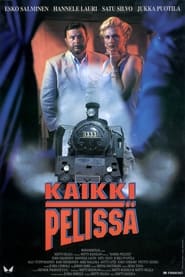 A film group is making movie...
A film group is making movie...Kaikki pelissä 1994
A film group is making movie in the little town. Writer Pentti Töysä interrupts film group's press conference and claims that script is written by him and it is based on true story. Töysä also says that he has written a new ending to the movie and that it reveals an old murder. Not everyone is happy about the new twist.
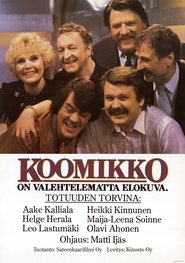 Aspiring young comedian Hepi rides a...
Aspiring young comedian Hepi rides a...Koomikko 1983
Aspiring young comedian Hepi rides a moped and sleeps in cars left at a garage for repair. He joins a group of older but equally bad comedians trying to capture and sell their art on videotape. Hepi charms a girl working in the Zoological Museum with his imitations of bird sounds. Alienated look at the frustrations of show business, as presented by a cast of popular Finnish TV comedians with their absurd dialogue and eccentric inside jokes.
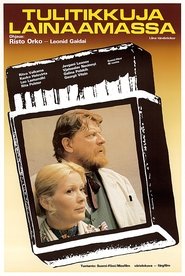 In Eastern Finland in Liperi to...
In Eastern Finland in Liperi to...For the Matches 1980
In Eastern Finland, in Liperi to be exact, Anna-Liisa Ihalainen asks her husband Antti to get some matches from the Ihalainen household. Unfortunately that trip takes a little longer than expected...
 Uuno Turhapuro a useless bum who...
Uuno Turhapuro a useless bum who...Rautakauppias Uuno Turhapuro, presidentin vävy 1978
Uuno Turhapuro, a useless bum who has married money, creates havoc around his father-in-law's presidential campaign. He dresses up as his long-lost, wealthy brother from America, but things go awry when the real brother appears. At some point Uuno takes up a job at a hardware store, only to warm up a classic TV sketch perfected years earlier by the film's writer-producer Spede Pasanen. Written by Markku Kuoppamäki
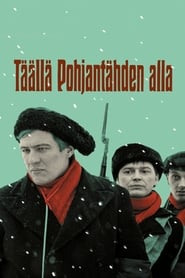 Tll Pohjanthden alla is based on...
Tll Pohjanthden alla is based on...Here, Beneath the North Star 1968
Täällä Pohjantähden alla is based on the book with the same title. It is a story of the little village. The movie starts in the 1890's and it ends to the Finnish civil war in 1918. Story concentrates around a tenant farmer family, although it gives us a good look at the society at whole. While the class struggle depends, people of the village are driven to bloody civil war.
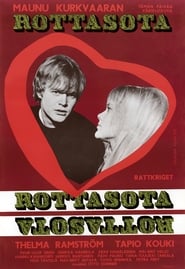 A story about the rise of...
A story about the rise of...Rottasota 1968
A story about the rise of awareness among the youth against the pollution and eco-system disaster. The conflict between the youth and ruling establishment is also taken under the inspection. The daughter of the prime minister and her relation to the son of another minister of opposing party is especially under surveillance.
 When Continuation War started in Summer 1941...
When Continuation War started in Summer 1941...The Boys 1962
When Continuation War started in Summer 1941, German soldiers arrived to Oulu. With their charm they conquered women and town boys. Finnish boys communicated with them on many levels: had trades, worked as interpreters, rotated business, spied on German love adventures and fought with each other about the favor of soldiers. In autumn 1944, the war was ending. Germans left Oulu by leaving behind fragile relationships, bastard kids and unfinished businesses. The most shocking of all was the faith of young Jake...
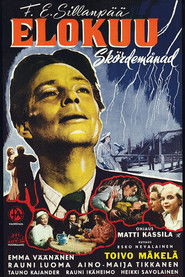 The title of the Finnish film...
The title of the Finnish film...The Harvest Month 1956
The title of the Finnish film Elokuu translates to August. Directed by Matti Kassila, one of Finland's premiere filmmakers, Elokuu was adapted from a novel by Nobel prize winning finnish author F.E. Sillanpää. Simply put, the story concerns the decline and fall of a once-proud family, thanks to the alcoholism of its paterfamilias. Toivo Makela delivers a powerfully effective performance as the inebriated protagonist, avoiding the usual "drunken" cliches. The overlong running time, coupled with the downbeat nature of the subject, limited the film's worldwide appeal.
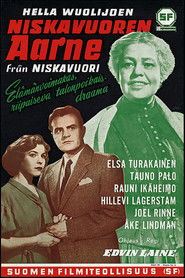 Niskavuoris Aarne Arne frn Niskavuori is...
Niskavuoris Aarne Arne frn Niskavuori is...Niskavuoren Aarne 1954
Niskavuori's Aarne (Arne från Niskavuori) is a Finnish drama film from 1954. It is based on Hella Wuolijoki's play Niskavuori's Bread. In chronological order of the Niskavuori series, the film is the fourth. Aarne has married Ilona and left the house in Niskavuori, which he hosts, where his former wife Martta still lives, while the old mistress is holding the reins. Aarne and Ilona live in Helsinki, but Aarne has not been able to completely break away from Niskavuori, but keeps secretly in touch with the headmaster and gives instructions on the farm management.
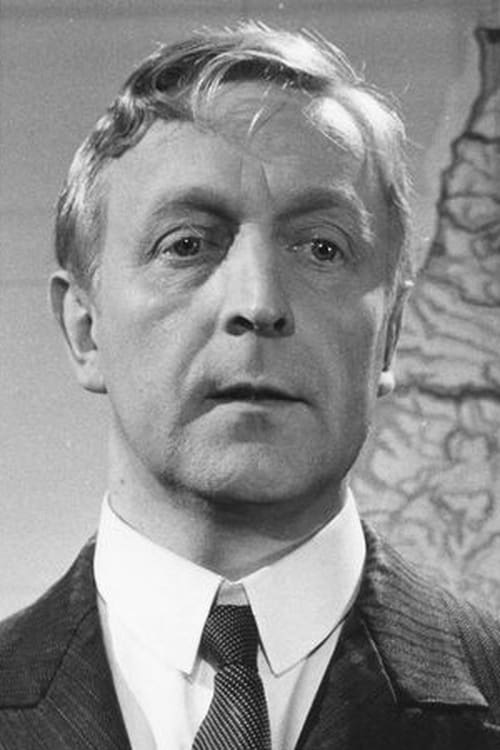
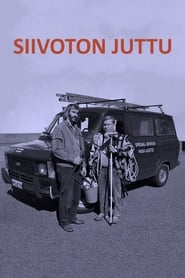
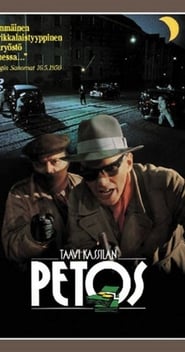 The very first Americanstyle Post Office...
The very first Americanstyle Post Office...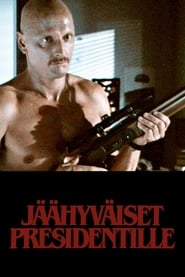 Asko Mertanen is a waiter who...
Asko Mertanen is a waiter who...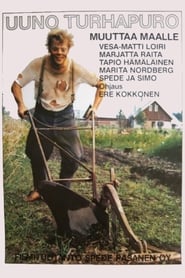 Uunos fatherinlaw councillor Tuura moves to...
Uunos fatherinlaw councillor Tuura moves to...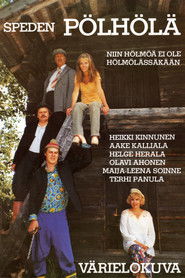
 Follows the life of a pauper...
Follows the life of a pauper...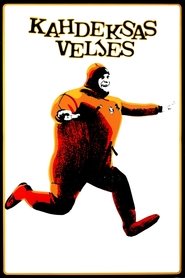 Jalmar Riivatsalo works in an ad...
Jalmar Riivatsalo works in an ad...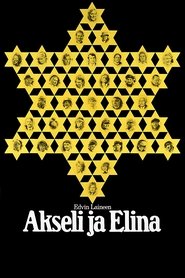 A former Red Rebellion leader returns...
A former Red Rebellion leader returns...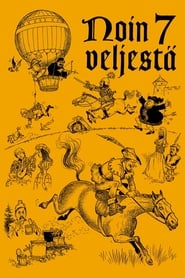
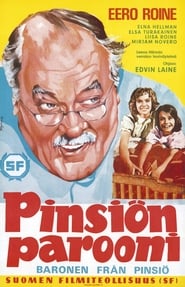
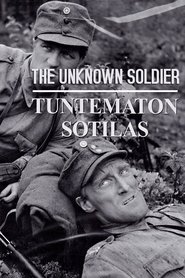 It is the summer of 1941 An...
It is the summer of 1941 An...